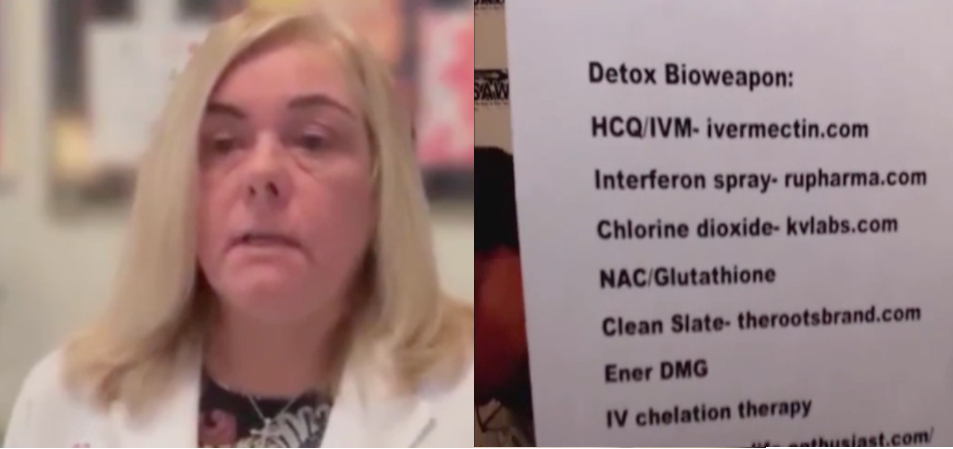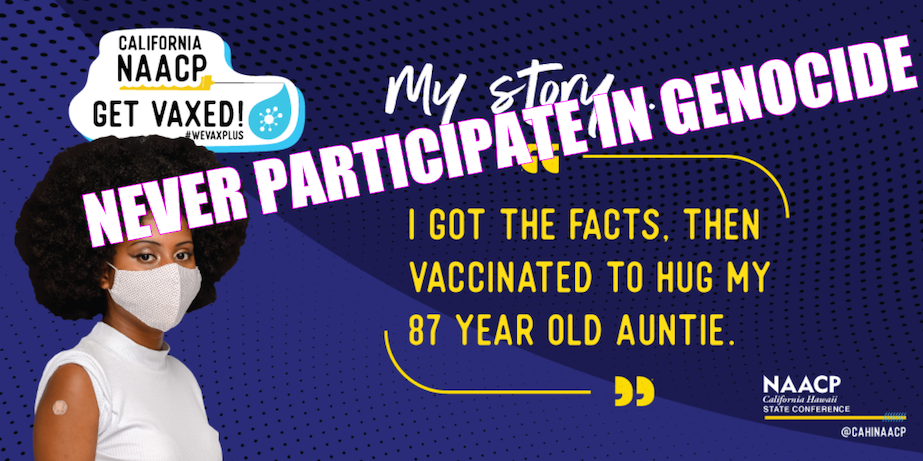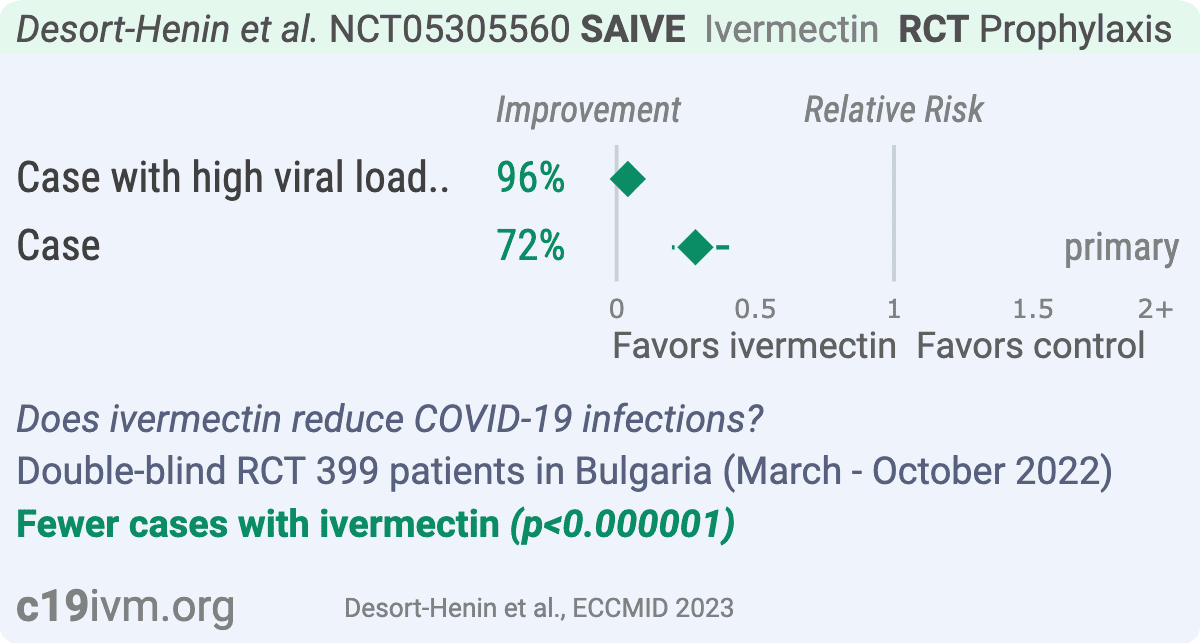From [HERE] In the days leading up to the U.S. Food and Drug Administration’s approval of Pfizer-BioNTech’s COVID-19 shot, an agreement was made to keep serious adverse reactions under wraps. U.S. and U.K. health officials discussed “anaphylactoid reactions” due to COVID shots and emphasized their “mutual confidentiality agreement” regarding the topic.1
The news was revealed by Judicial Watch, which obtained 57 pages of heavily redacted U.S. Department of Health and Human Services (HHS) records 2 via a Freedom of Information Act (FOIA) lawsuit. Initially, Judicial Watch submitted a FOIA request in August 2021 that specifically asked for: 3
“All emails sent to and from members of the Vaccines and Related Biological Products Advisory Committee regarding adverse events, deaths and/or injuries caused by investigatory vaccines for the prevention or treatment of SARS-CoV-2 and/or COVID-19 currently produced by Pfizer/BioNTech, Moderna and/or Johnson & Johnson.”
The request was ignored, prompting the lawsuit that ultimately revealed the confidentiality agreement between U.S. and U.K. regulators. "Why are we engaged in a secret deal to keep secret information about adverse events related to the vaccines?" Judicial Watch president Tom Fitton asked. "I just think it's troubling. The documents speak for themselves." 4
US and UK Officials Make Pact to Keep Safety Issues Quiet
The pact was revealed in a series of email exchanges from December 2020. Initiated by Jonathan Mogford, policy director of the U.K.’s Medicines and Healthcare Products Regulatory Agency, and sent to FDA commissioner Janet Woodcock and Peter Marks, director of the Center for Biologics Evaluation and Research (CBER). Judicial Watch reported: 5
“As background, Mogford includes information on “two cases of anaphylactoid reactions in individuals with a strong past history of allergic reactions….” Marks replies to Mogford: “It would be very helpful if our Office of Vaccines could receive additional details [redacted] from MHRA [UK Medicines and Healthcare Products Regulatory Agency] under the terms of our mutual confidentiality agreement.”
Mogford later replies, “… attached are [redacted] hope that’s helpful in the meantime. If I can just remind — information shared under our confidentiality agreement.””
An email exchange from May 14, 2021, also discusses concerns about administering COVID-19 shots along with other vaccines during pregnancy. According to Judicial Watch: 6
“The CDC’s Dr. Amanda Cohn emailed Office of Vaccines Research and Review Director Marion Gruber and Center for Biologics Evaluation and Research Director Peter Marks with the subject line “Coadministration of COVID-19 Vaccines with Other Vaccines During Pregnancy.”
Gruber writes, “I am fine with this language.” Marks then responds to Cohn and her CDC colleague, Sarah Mbaeyi, “I can live with this too. Please let me know if you want to connect about the adverse event issue later today. Seems like work is still ongoing, but let me know. Thanks.”
Cohn replies, “We have a meeting with Rochelle [presumably CDC Director Rochelle Walensky] at 3:30 about if we should say anything or wait until we have more definitive information. I will let you know where we land. I’m not sure there is a right answer.””
“It again took a lawsuit for the Biden administration to hand over, albeit heavily redacted, information regarding the safety of the COVID vaccines that the public has every right to know,” Fitton said in a news release. “This disturbing batch of new documents have uncovered a secret confidentiality agreement tied to COVID vaccine safety issues and emails that raise new questions about the vaccines and pregnancy.” 7
Pfizer Hid Data on Lack of Effectiveness
After initially claiming in late 2020 that its COVID-19 shots were 95% effective, Pfizer’s COVID shots turned out to have rapidly waning protection of just 39%. 8 That figure was reported in July 2021 by the Israeli Ministry of Health. 9 Pfizer echoed the “declining trend in vaccine efficacy” in late July 2021, 10 but regulatory filings from April 2021 show Pfizer knew of the shots’ failures months earlier.
“It’s clear from the documents that these analyses were almost 4 months old by the time they became public,” Peter Doshi, associate professor at the University of Maryland School of Pharmacy, told Maryanne Demasi, Ph.D., a former medical scientist with the University of Adelaide and former reporter for ABC News in Australia. 11
“It’s disappointing that neither Pfizer, nor regulators, disclosed these data until it was too obvious to ignore new outbreaks in Israel and Massachusetts, which made it clear that vaccine performance was not holding up,” he said. 12
Even Pfizer’s six-month phase III trial data, released April 1, 2021, stayed silent on the shots’ waning efficacy. 13 And, at that time, health officials were still claiming that the shot would stop COVID-19 transmission. In May 2021, Dr. Anthony Fauci stated “when you get vaccinated, you not only protect your own health ... you become a dead end to the virus.”
As Doshi explained, “Publicly disclosing that efficacy waned so soon after authorization might have undermined the credibility of authorities, who’d been projecting great confidence about the vaccines’ ability to end the pandemic.”14
But instead of transparency and supporting informed consent so Americans could make their own choice about the shots with all the data, Demasi reported: 15
“Within weeks of Pfizer publishing its data on waning efficacy, President Biden ordered all federal workers (and employees of contractors) to get vaccinated within 75 days, otherwise they’d face punishment or have their employment terminated.”
Shots’ Effects on Brain Known Since 2020
mRNA COVID-19 shots teach your cells to produce a protein, or piece of protein, that triggers an immune response, including the production of antibodies. 16 However, because natural mRNA is easily broken down, this means the experimental gene therapy needs a special delivery system to make it to the body’s cells.
The shots use lipid nanoparticles that contain polyethylene glycol (PEG) 17 for this purpose. The mRNA is wrapped in lipid nanoparticles (LNPs) that carry it to your cells, and the LNPs are “PEGylated” — that is, chemically attached to PEG molecules to increase stability. 18
Usually, if you were to inject RNA into your body, enzymes would immediately break it apart, but the COVID-19 shots are specifically designed so that doesn’t happen. While it was originally advertised that COVID-19 shots “stay in the arm,” Pfizer knew since at least November 2020 that the shots may influence the brain.
Pfizer contracted Acuitas Therapeutics to conduct animal studies, which found LNPs from COVID-19 shots rapidly traveled to other areas, including the brain, eyes, heart, ovaries and other organs.19 20
Naturopath Colleen Huber explained: 21
“Now that we have LNPs with their mRNA payload delivered past the BBB and into the brain, what do they do once they arrive to the fluid surrounding neurons? The rest is an easy journey for LNPs. Neurons take up LNPs — and they do so very efficiently, at 100 percent uptake, by means of apolipoprotein E, and usually without immune reaction at that point.
Apolipoprotein E is abundant in the brain — it is produced by astrocytes. The mechanism of uptake is endocytosis, in which the membrane of the neuron engulfs or swallows the approaching LNP. That has been observed since at least 2013. In this way, the Trojan Horse content of the LNP is delivered, because it was contained in a benign-seeming — to the neuronal membrane — package.”
A number of neurological injuries have been reported following COVID-19 shots, including ischemic stroke, Bell’s palsy, tinnitus and Guillain-Barré Syndrome. As for one mechanism of brain injury, Stephanie Seneff, a senior research scientist at the Massachusetts Institute of Technology (MIT), believes genetic modifications introduced by COVID-19 shots may induce immune cells to release large quantities of exosomes into circulation.
Exosomes are extracellular vesicles that contain protein, DNA, RNA and other constituents, and may contain mRNA along with spike protein. According to Seneff and colleagues: 22
“[W]e present the evidence that vaccination, unlike natural infection, induces a profound impairment in type I interferon signaling, which has diverse adverse consequences to human health.
We explain the mechanism by which immune cells release into the circulation large quantities of exosomes containing spike protein along with critical microRNAs that induce a signaling response in recipient cells at distant sites.
We also identify potential profound disturbances in regulatory control of protein synthesis and cancer surveillance. These disturbances are shown to have a potentially direct causal link to neurodegenerative disease, myocarditis, immune thrombocytopenia, Bell’s palsy, liver disease, impaired adaptive immunity, increased tumorigenesis, and DNA damage.”
COVID Shots Melting Muscles
Preclinical studies for Pfizer’s COVID shots also warned of rhabdomyolysis, which is the breakdown of skeletal muscles. Writing in DailyClout, Dr. Robert Chandler reported:23
“The Pfizer documents 24
contain results from a 17-day study of repeat dose injections of BNT162b2 [Pfizer’s COVID-19 shot] in Wistar Han rats. Myonecrosis and inflammation were identified histopathologically. The appearance was described as “Jellied” (Table 3), which is what rhabdomyolysis might look like after 17 days.”
Despite this and other concerning findings, including fibrosis, inflammation and myofiber degeneration present at the injection site, Chandler explains, “How was this data presented at the December 10, 2020, Vaccines and Related Biological Products Advisory Committee (VRBPAC) meeting regarding the Emergency Use Authorization for BNT162b2? … Completed with no safety concerns.” 25
A review of data from the U.S. Vaccine Adverse Events Reporting System (VAERS) also revealed a dramatic increase in reports of rhabdomyolysis following the rollout of COVID-19 shots. In fact, Chandler reveals: 26
“79% of all reported rhabdomyolysis cases occurred in the two complete years (2021 and 2022) after the EUA was approved in December of 2020 … A dramatic, 37-fold increase in the annual rate of cases of rhabdomyolysis occurred after mass inoculation with Spike Producing Genetic Therapy Products began in December 2020. COVID-19 (2020) did not cause an increase in rhabdomyolysis reporting in VAERS compared with years 2001-2020.”
A number of case reports have since been published of “COVID-19 mRNA vaccination-induced rhabdomyolysis,” including in a 16-year-old male two days after his first dose of Pfizer’s COVID-19 shot 27 and a 21-year-old male one day after his first COVID-19 shot. 28
The findings that Pfizer and government officials were aware of serious adverse events and waning effectiveness of COVID-19 shots but neglected to share this with the public will only further undermine trust in public health authorities.
As Martin Kulldorff — co-author of the Great Barrington Declaration, which scientifically critiqued the effects of prolonged lockdowns in response to COVID-19 — told Demasi, “In public health, it is important to be honest with the public. Pfizer should have reported the declining vaccine efficacy in its April 1, 2021, press release, which they clearly knew about at the time.” 29
Likewise with the numerous reports of adverse events linked to the shots, which have now been linked to an explosion of excess deaths.















































































































































































































































































